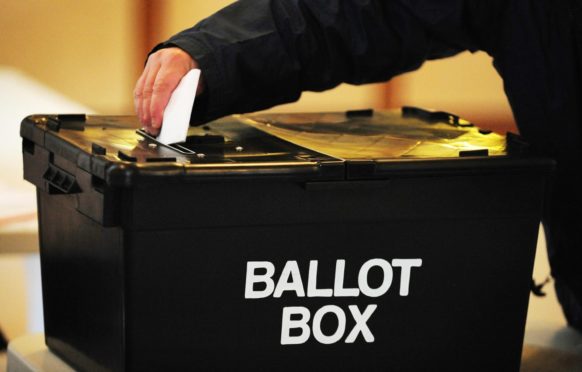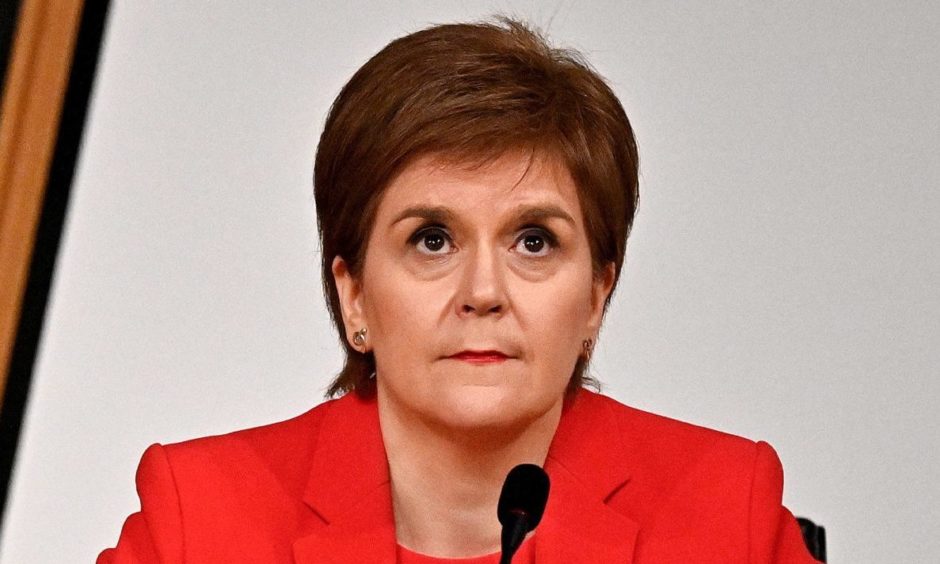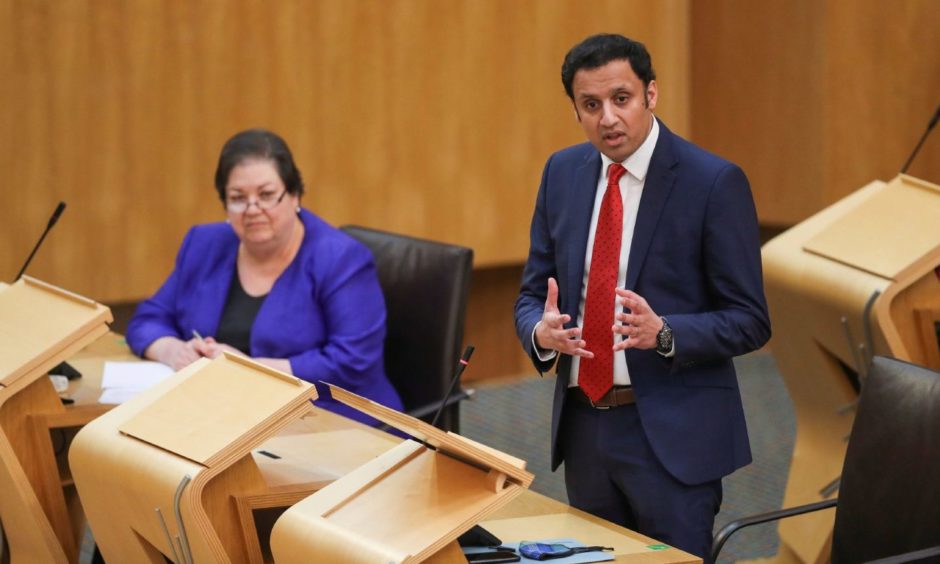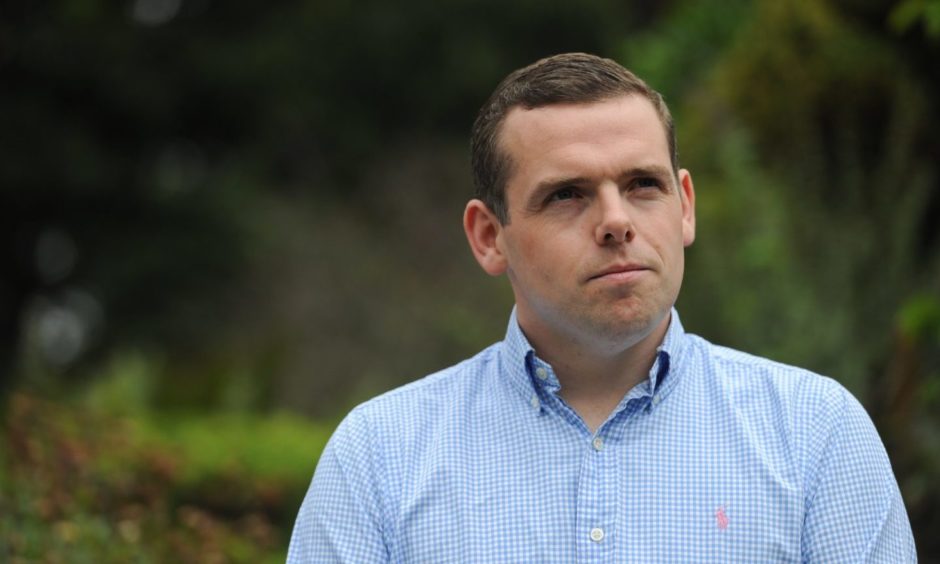In the normal course of events, we should be voting for our Scottish Parliamentary representatives on May 6. But I challenge, why, when we are still in the throes of the Covid pandemic, the elections have not been rescheduled.
The political combatants are prohibited from hand-delivering leaflets which introduce the candidates and their policies, knocking on doors to explain their manifesto promises, and holding public meetings where they can be challenged. It seems the sensible solution would be to delay the election until October when, surely, we will all be Covid-free.
The election dates in Scotland have been changed twice before. Once following a clash of dates with the local authority elections. Secondly, as both elections have different voting systems, it was felt holding both on the same day would lead to voter confusion.
However, I suspect the serious issues between Alex Salmond and Nicola Sturgeon are behind the nationalists’ desire not to delay the election, leaving any fall-out until well after May.
Lack of appropriate documents and the weak chairing of the parliamentary committee looking into the matter has allowed the two key participants to dictate when, and indeed if, they would attend the investigation.
The whole unedifying spectacle has led to a crisis of credibility in the Scottish Government and our parliamentary system. It seems odd that a party who believes so much in independence will not pass the affair to an independent body, outwith the hands of politicians.
There is also a question of electoral fairness due to the fact that during the pandemic First Minister Nicola Sturgeon has had unprecedented weekly TV coverage, albeit necessary, but as time has gone on, she has become more and more political in those broadcasts, which is something the nationalists would love to benefit from.
The fact is the public have a right in our democracy to hear from all the participants equally in any election and challenge their manifestos. Otherwise, Scotland is a one-party state.
The Labour Party, having rushed into a leadership election, has left no time for the new leader, Anas Sarwar, to heal the divisions in the party and tell us exactly what Labour now stands for, rather than constantly referring to the past achievements. Sarwar has put together a competent shadow cabinet, but they face an impossible task of breaking through in only eight weeks.
I’ve always believed that preparation for elections has to start 12 months in advance, in order for things to permeate through to the public who do not sit in a constant political bubble in the way politicians do.
Similarly, the Conservatives, who nudged their way into second place and the main opposition, did so at a time when most people in Scotland were opposed to a second referendum on independence. Prime Minister Teresa May was resolute in refusing this and the Tories picked up many votes because of the clarity of that policy. However, there is no doubt the Scottish Conservatives will miss the charismatic and engaging personality of Ruth Davidson. She was very much her own person and was not afraid to challenge her colleagues in Westminster, recognising long before others that Prime Minister Boris Johnson was the biggest threat to the Union. Their new Scottish leader Douglas Ross needs time to bed in and set out his stall.
All parties would benefit from a delay. The reason there is no clamour to alter the election date may well be due to the high number of MSPs who are not standing again. The choices for the electorate are limited.
Nonetheless, it is our choice in a democratic free country to elect the people we want to represent us and we have a right to a proper election.
I want to know why people in Scotland who were “left behind” are still left behind. Why the attainment gap between kids from well-off areas and children in more deprived areas is as wide as ever. Why we had the highest deaths in our care homes during the Covid crisis, the highest drug deaths in Europe, and mortality rate among homeless people higher than anywhere else in the UK.
Scotland has the tools necessary to deal with these things, so why aren’t we? Where is the opportunity to debate these things?
Whenever the election is held, we should perhaps look at the honesty, integrity and ability to listen and act of potential candidates, rather than simply their political colour.
Len Ironside is a former champion wrestler who served as an Aberdeen councillor for 35 years, four of them as council leader



